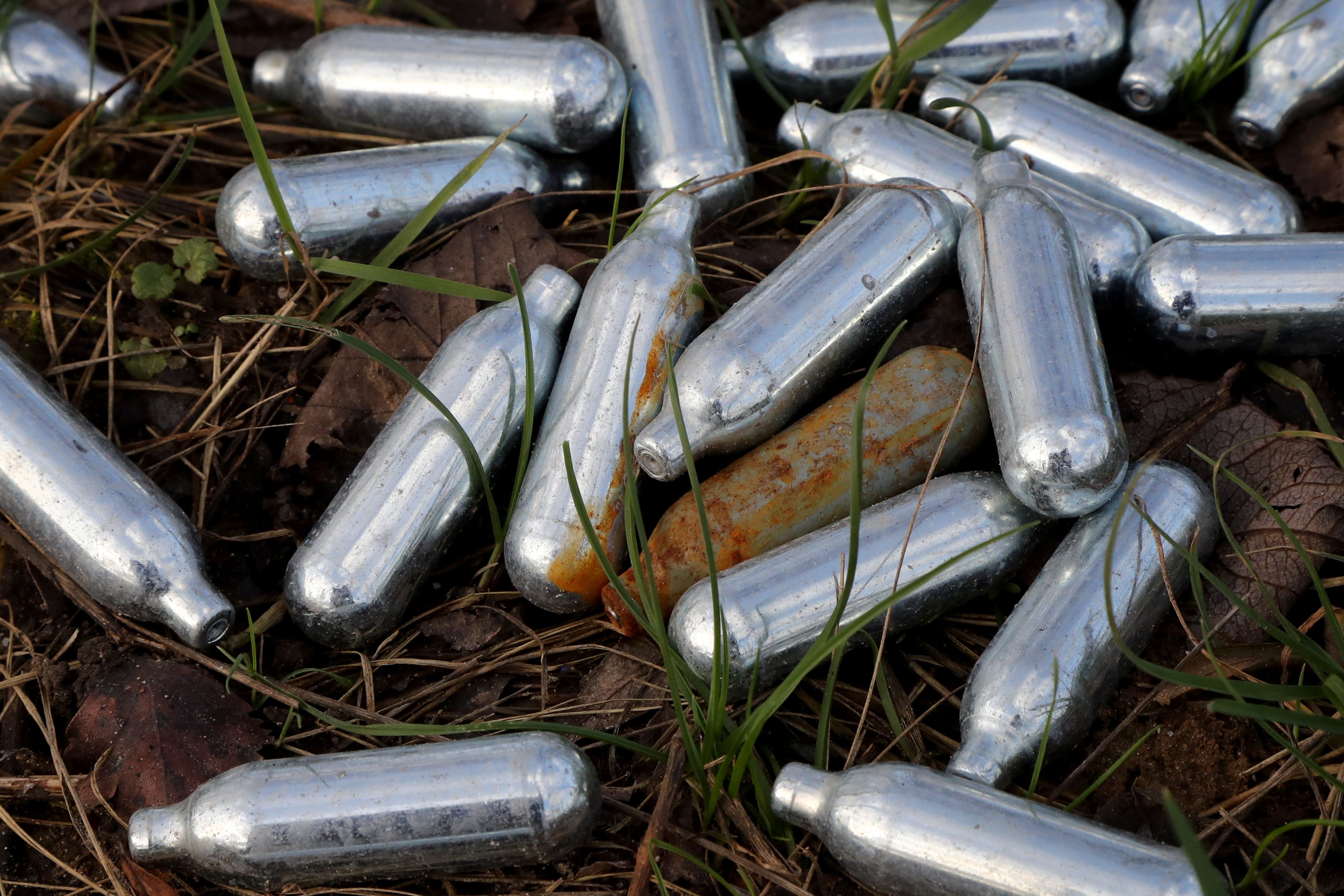A student who may have been killed by long-term use of laughing gas was inhaling two to three “big bottles” of the substance each day.
Ellen Mercer, 24, was taken to hospital by the emergency services in the early hours of February 9 last year after she reported that she was unable to walk, Berkshire coroner’s court heard.
She was treated by medical staff at Wexham Park Hospital Emergency Department, but she died around 24 hours later at 12:52am on February 10.
Senior coroner Heidi Connor told the inquest that “part of her cause of death” related to “nitrous oxide gas”, also known as laughing gas.
The inquest heard that a post-mortem report found Ms Mercer’s death to have been caused by bilateral pulmonary thromboembolism, deep vein thrombosis, and ‘long-term complications of nitrous oxide use’.

The examination report found that ‘large blood clots’ which formed in Ms Mercer’s legs moved to the arteries in her lungs, eventually causing a ‘sudden cardio respiratory collapse.’
When she arrived at the scene, she was shown to the bedroom by Ms Mercer’s boyfriend.
“I took notice of the room,” she said.
“There were no sheets on the bed at all. There was just the duvet, severely stained. The room was bare.”
She said the scene made it clear to her that she was dealing with a “vulnerable person”.
She said Ms Mercer “was talking as normal”, and the only one of her vital signs that was outside the normal range was her heart rate, which could have been due to anxiety.
At the opening of Ms Mercer’s inquest in February, Berkshire coroner Hannah Godfrey said that the student ‘had a history of nitrous oxide abuse’.
Ms Mercer was described by her family as a ‘truly beautiful soul’ who was ‘missed by everyone lucky enough to have met her’.
At the time of the student’s death, possession of laughing gas with the intent of getting high was not illegal. It was banned by the Government, and made a Class C drug, in November 2023.










